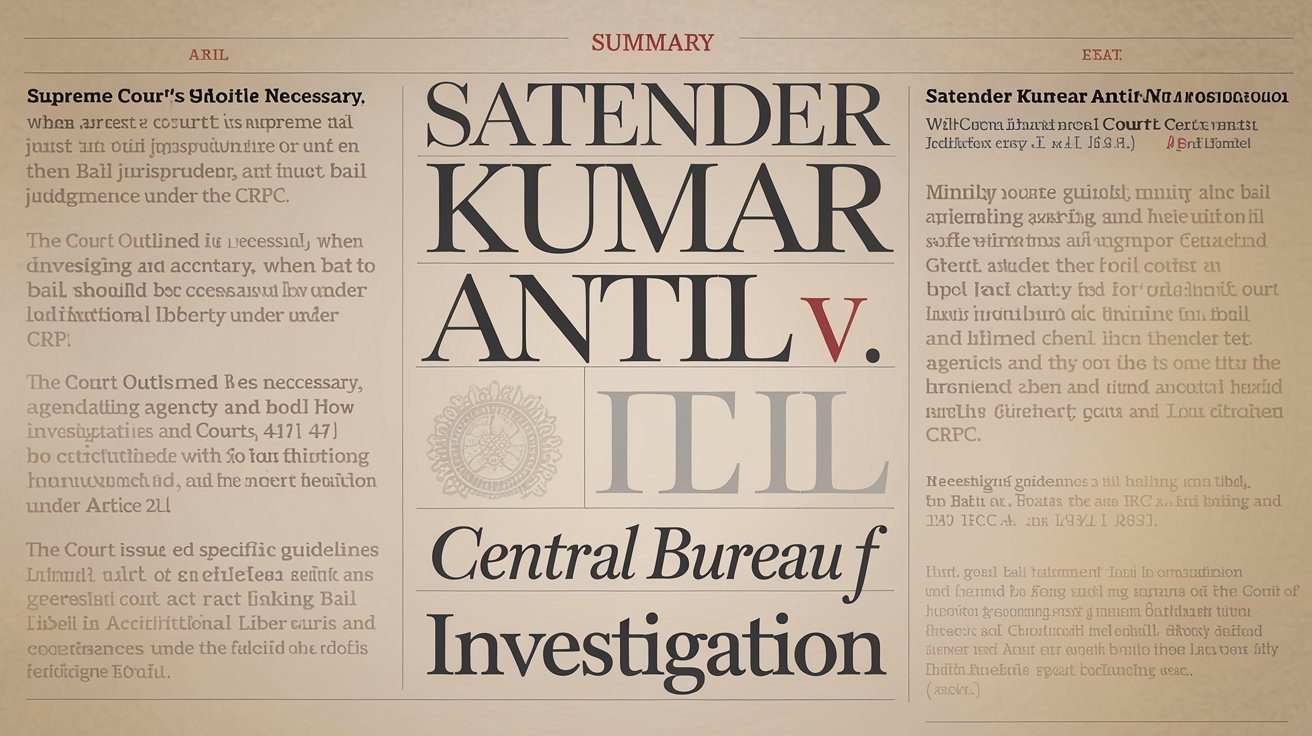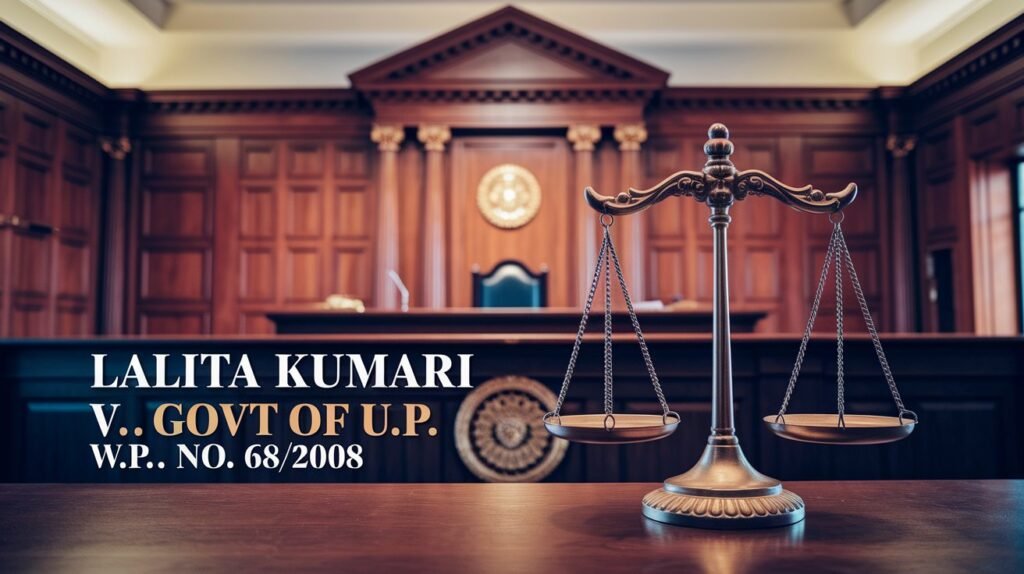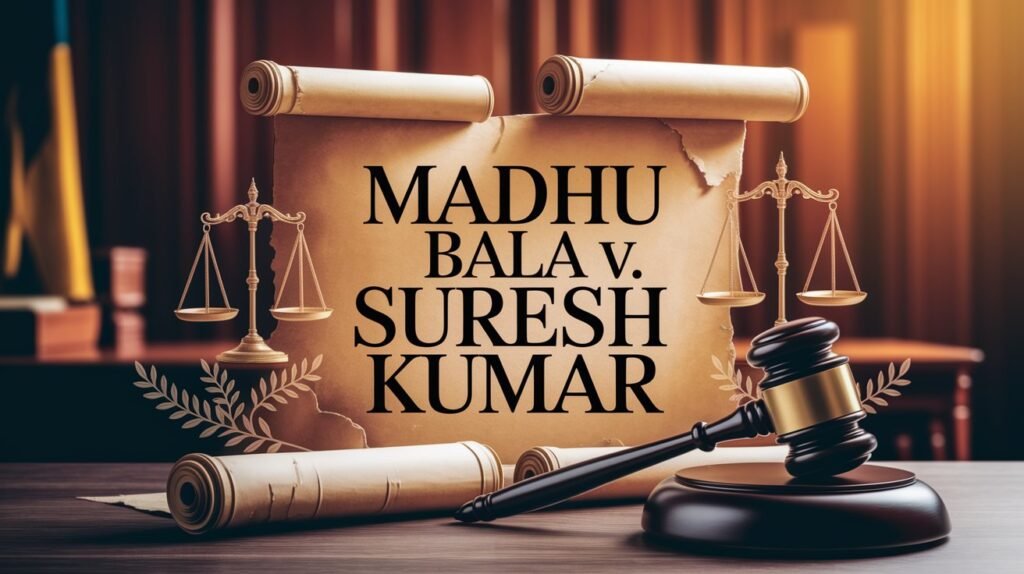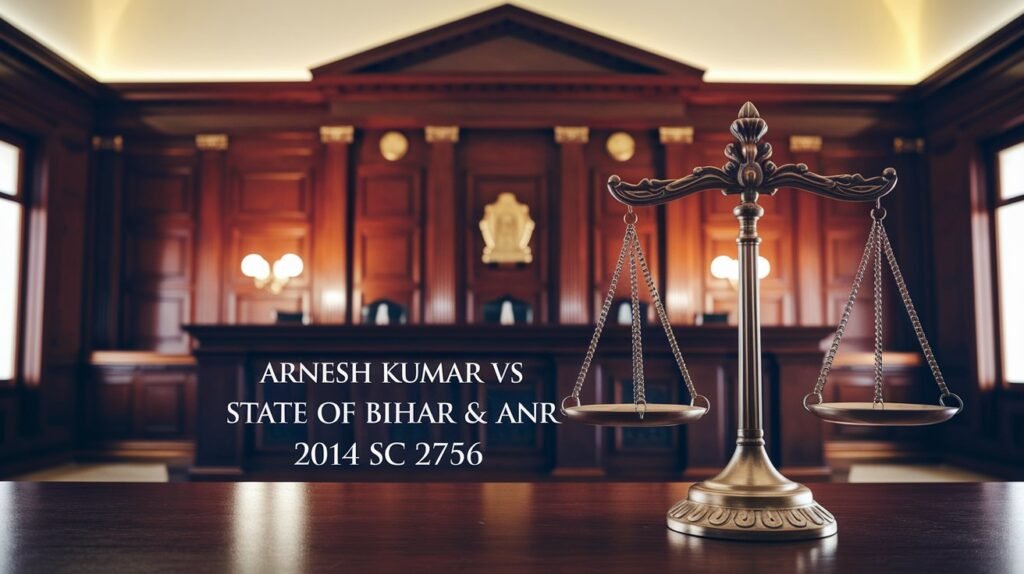Satender Kumar Antil v. Central Bureau of Investigation 2022 (Case Summary)

This judgment brought structural clarity to the bail jurisprudence under the CrPC. The Supreme Court outlined when arrest is necessary, when bail should be granted, and how investigating agencies and courts must act in accordance with constitutional liberty under Article 21. The Court issued specific guidelines linking bail decisions to the seriousness of the offence and procedural compliance under Sections 41 and 41A CrPC.
Table of Contents
ToggleFacts of Satender Kumar Antil v. Central Bureau of Investigation
- Satender Kumar Antil was accused in multiple criminal cases, many of which were economic offences.
- He challenged the mechanical rejection of bail pleas and the routine arrest despite cooperating with the investigation.
- The Court examined the misuse of arrest powers and the lack of consistent bail practices across trial courts.
- The issue was taken up in public interest and the Court sought to streamline and rationalise bail practices across all courts.
Issues framed
- Whether courts and police are complying with the procedure laid down in Section 41 and 41A CrPC before arresting them?
- Whether a consistent, category-based framework can be laid down for granting bail?
Judgment of Satender Kumar Antil v. Central Bureau of Investigation
The Supreme Court reaffirmed the principle that “bail is the rule and jail is the exception.” This means once bail conditions are satisfied, arrest should not be the norm unless strictly justified. The Court underscored that Sections 41 and 41A CrPC must be strictly complied with, and failure to do so entitles the accused to automatic bail.
The Court then adopted the three categories of offences as judicially suggested and incorporated them into the order, stating:
In terms of the suggestions … offences have been categorized and guidelines are sought to be laid down for grant of bail, without fettering the discretion of the courts concerned and keeping in mind the statutory provisions. The guidelines are as under:
(A) Offences punishable with imprisonment of seven years or less, not falling in categories B and D.
(B) Offences punishable with death, imprisonment for life, or imprisonment for more than seven years.
(C) Offences punishable under Special Acts containing stringent bail provisions like NDPS, PMLA, UAPA, Companies Act etc.
(D) Economic offences not covered under Special Acts.
The Court further held that where the accused has not been arrested during investigation and has cooperated fully, bail should ordinarily be granted upon chargesheet filing, particularly in Category A and D cases. The bail application should be decided on merits after appearance without insisting on custody.
Finally, the Court imposed institutional responsibilities on courts and authorities:
- Anticipatory bail must be decided within six weeks and regular bail within two weeks, except in complex cases.
- Magistrates must verify compliance with Section 41 CrPC and 41A for arrest decisions.
- High Courts should monitor compliance through empowered oversight committees.
- The Court emphasized that non-compliance constitutes a violation of Article 21, and is subject to contempt proceedings and administrative action
The final decision: all courts, investigating agencies, and State governments must implement these guidelines. Compliance is mandatory, and the spirit of constitutional liberty must guide every arrest and bail order going forward.





